
Incredible things that happened both in Ramayana and Mahabharata
Mahabharatha and Ramayana are considered to be the most epic things that have happened in the history of Indian mythology. Ramayana, the tale of Rama and Mahabharata, the story of Krishna, Pandavas and Kauravas has witnessed the peak of emotions, politics, love and sacrifices from their inception to their devastating end. The gigantic Kumbhakarna, cunning Shakuni, insecure Duryodhana, heart—broken Radhe, unfortunate Shikandi, daring Arjuna, ideal Rama and the ever charming Krishna and so on. Each character that went through is not just a character but the true essence of life. Mahabharatha and Ramayana hold good till today and continues to many more centuries to come.
We saw Krishna who embraced the love of 16,000 women and here is a Rama who is an ideal one woman man. We saw Hanuman carrying the Sanjeevini mountain on his hand with Bhima on the other hand finish eating a truckload of food in seconds. There is a Karna for Duryodhana and here is a vibhishana for Rama. Though Mahabharatha and Ramayana took place in two different ages, there are so many things that are common in them. Today, let us know 10 things that are common in Ramayana and Mahabharatha.
One Hero, Two ages, Two stories
Rama who is a central character in Ramayana and Krishna who is a central character in Mahabharata are the incarnation of one. As Bhagwadgita quotes, “ The lord takes birth, again and again, to establish Dharma and prosperity in the society”, Ramayana and Mahabharatha witnessed the two prominent incarnations of Lord Vishnu spreading the same message as two different personalities in the two different ages.
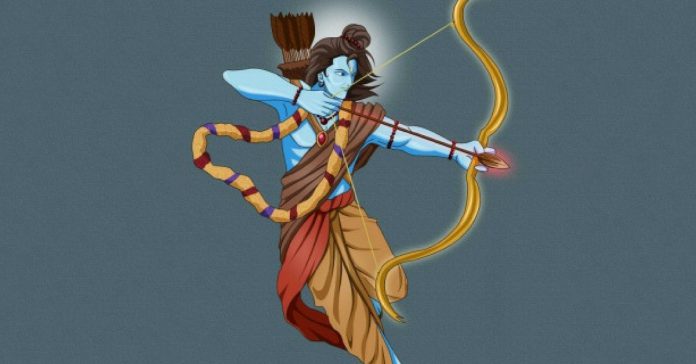
Two stories ended two ages (Yugas)
It’s quite astonishing that these two stories ended two ages. Mythology connotes the end of Ramayana to the end of Tretha Yuga (xxx-xxx) and the end of Mahabharatha to the end of Dwapara Yuga (xxxx-xxxx). Also, both had to shed a lot of blood to establish justice and Dharma in the world.
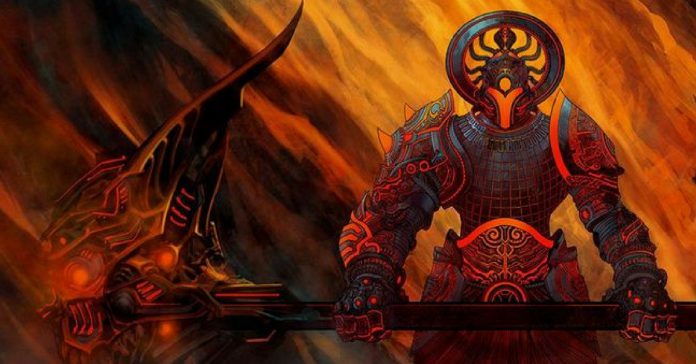
Presence of Parshurama
Parashurama, a valiant warrior, a spiritual master, the greatest incarnation of Lord Vishnu, a guru of Bhishma and Karna in Mahabharata appears in Ramayana too, during the wedding of Ram and Sita.
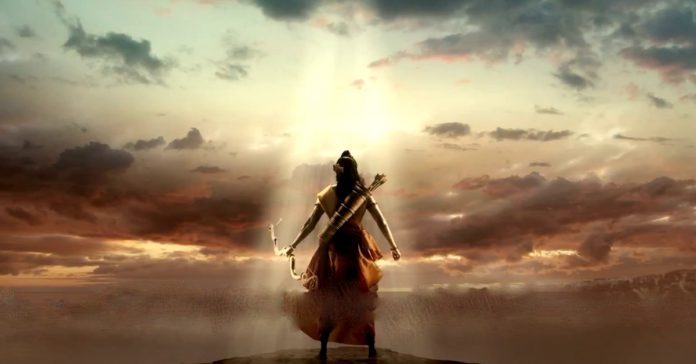
Last minute changes
Both Ramayana and Mahabharatha saw two characters changing their side at the crucial moment. Vibhishana in Ramayana and Yuyutsu in Mahabharatha change sides just before the war.
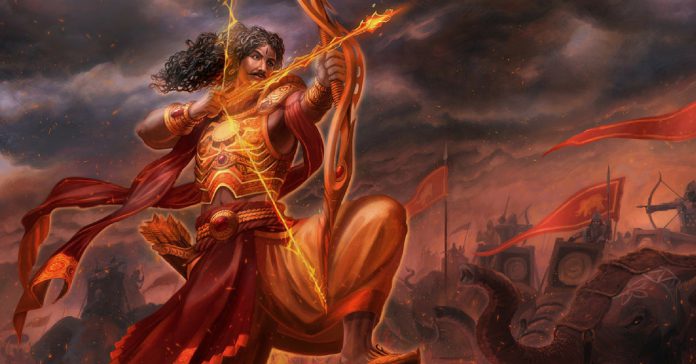
Forest Life and promises
In both the stories, the central characters had to embrace the difficulty of forest life. Rama, Sita, and Laxman live in the forest for 14 years with Pandavas spending 12 years of their life in the forest to keep up the promises made. A promise made by Ram to Kaikeyi and a promise made by Dharmaraja to Duryodhana.
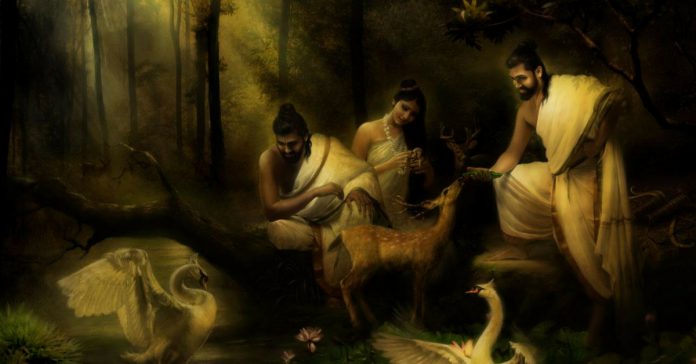
Role of Maya Danava
Maya Danava had a role in both Ramayana and Mahabharata. The one who built Indraprastha for Dharmaraya in Mahabharatha is none other than the father-in-law of Ravana in Ramayana.
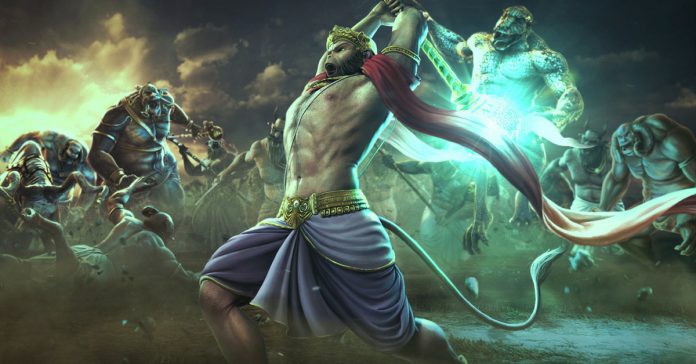
Army Size of Hero vs Anti-Hero
In both the stories, the army size of the hero was less than that of the army size of anti-hero. Rama along with his brother Laxman and Vanaras fought the huge army of Ravana while Pandavas fought 100s of Kauravas with the help of Krishna.
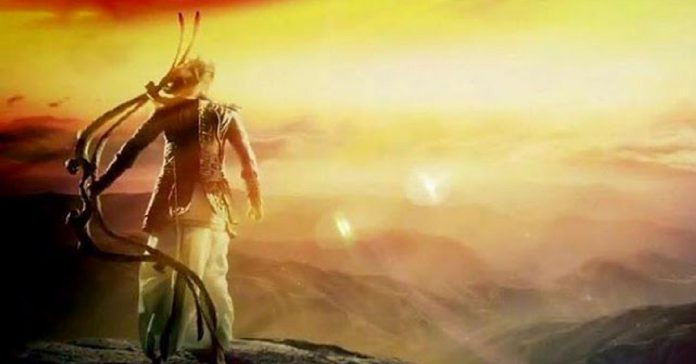
Continuation of Characters
Balarama, an elder brother of Krishna in Mahabharata is none other than Laxman, Rama’s younger brother in Ramayana. Both Balarama and Laxman are the incarnation of Shesha blessed by Lord Vishnu to accompany him during his avatars on earth.
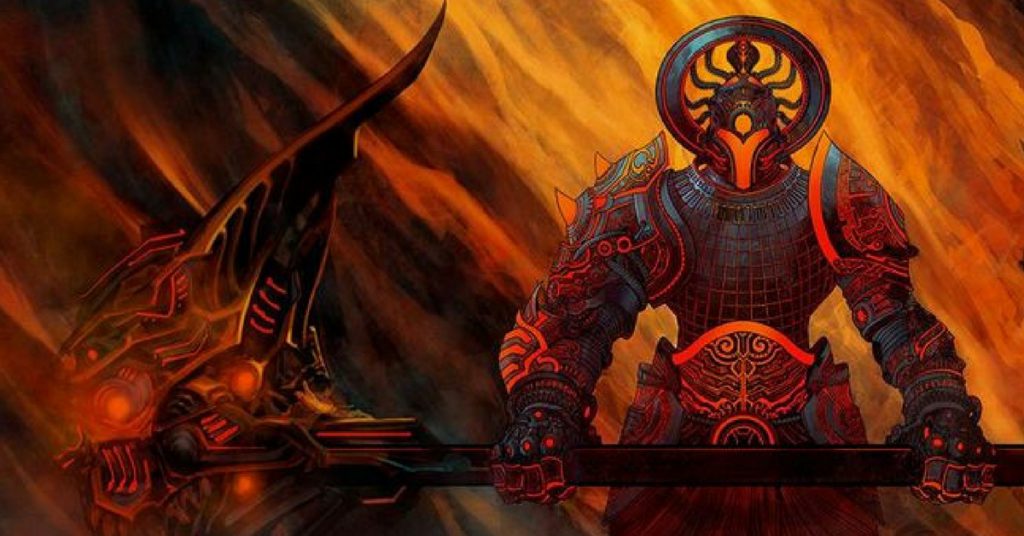
War to Establish Dharma
Though Ravana was a great devotee of Shiva and an extraordinary scholar, he had to be killed by Rama because of his antagonistic nature towards Dharma. Krishna in Mahabharata had to break the war rules to kill Kauravas. Just for a simple reason to establish peace in the world.
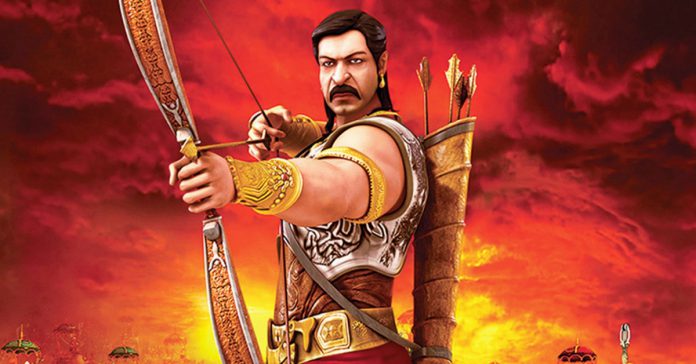
Death of Krishna
We know that Krishna leaves his eternal body with an arrow hitting to his toe by a hunter. Why hunter? The reason dates back to the curse which Rama got in Ramayana by Tara for killing her husband Vali from his back.
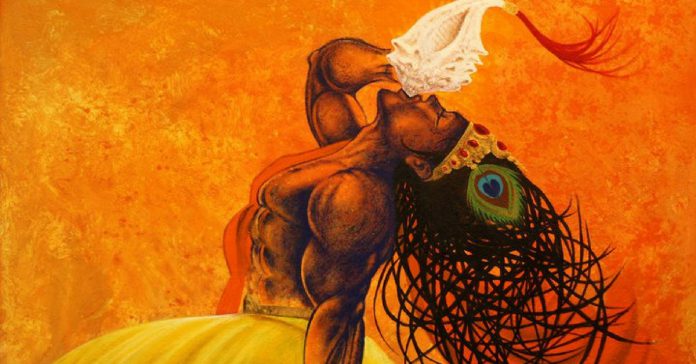
We hope you enjoyed the article. Please do subscribe to Metro Saga for more interesting articles on Indian Mythology and more.


































